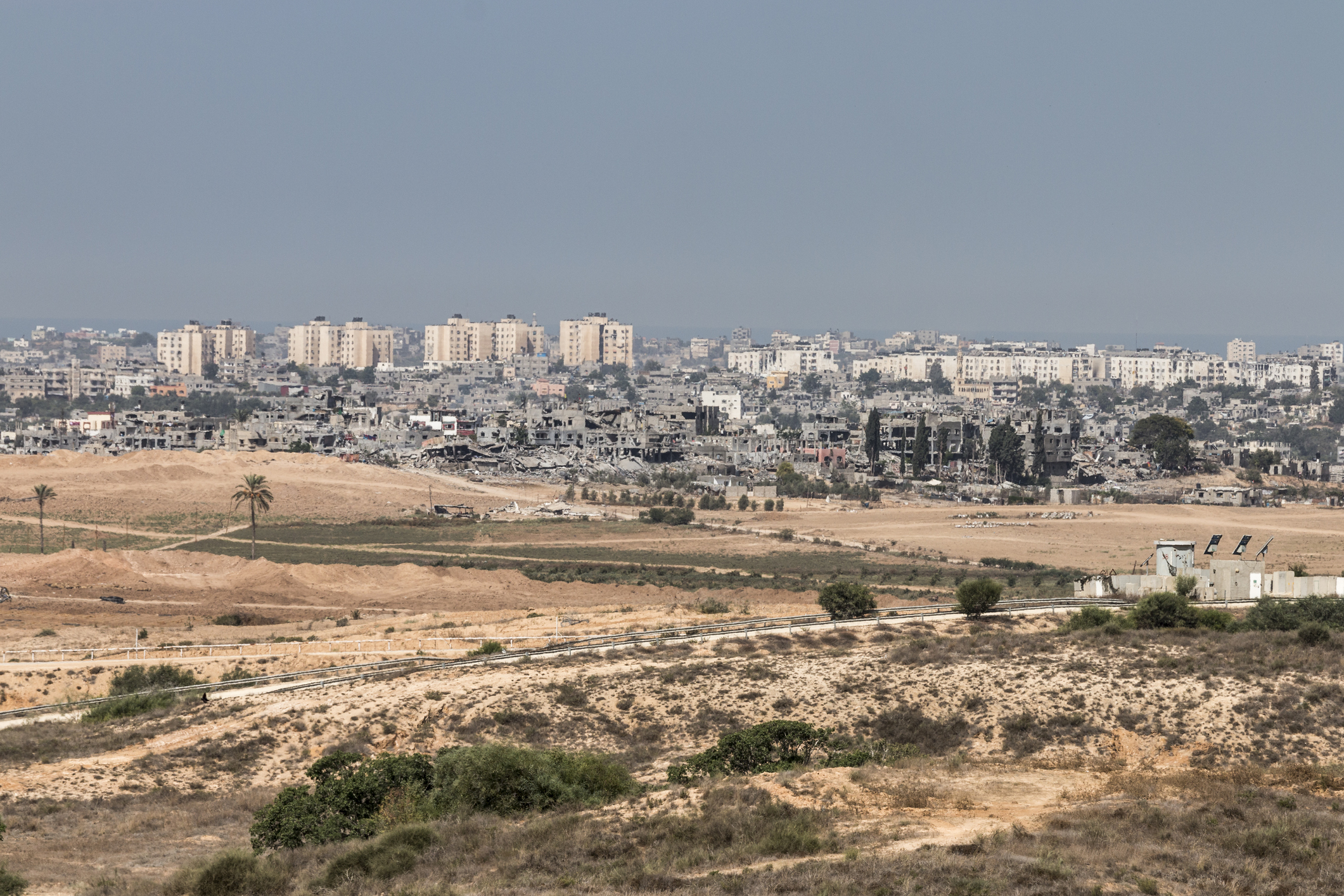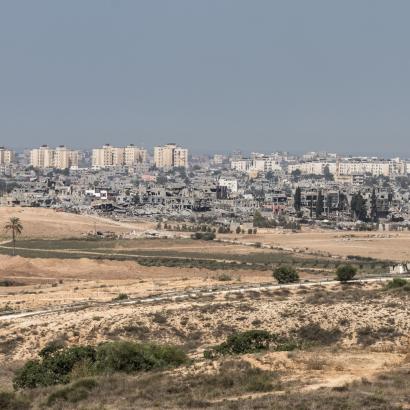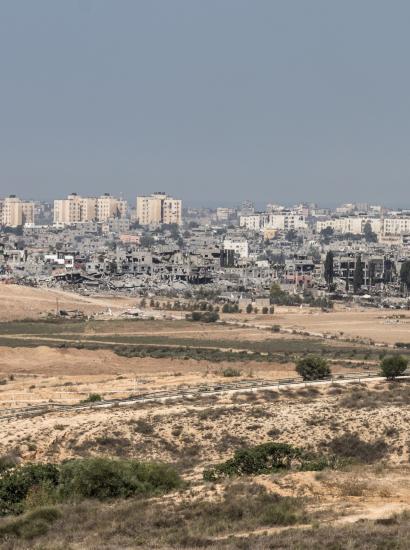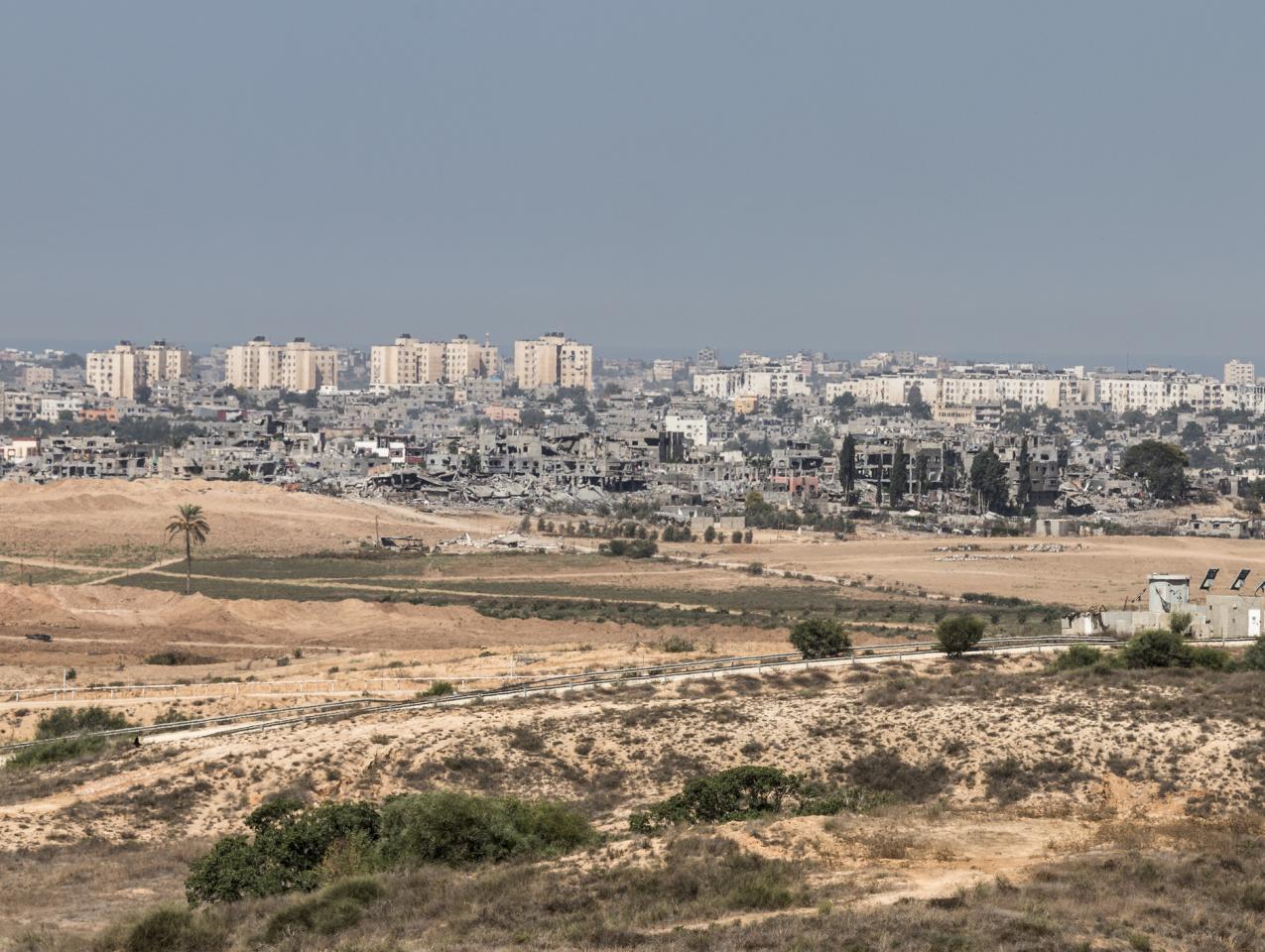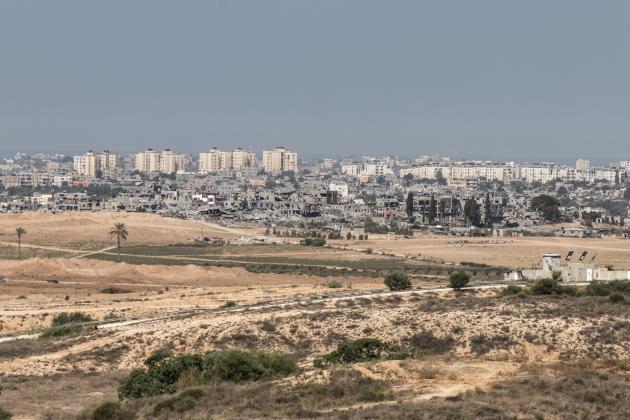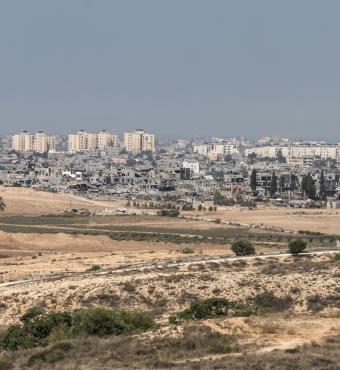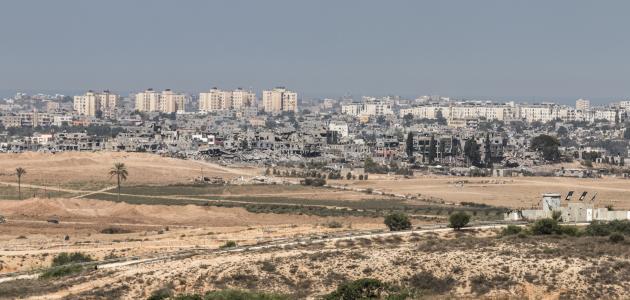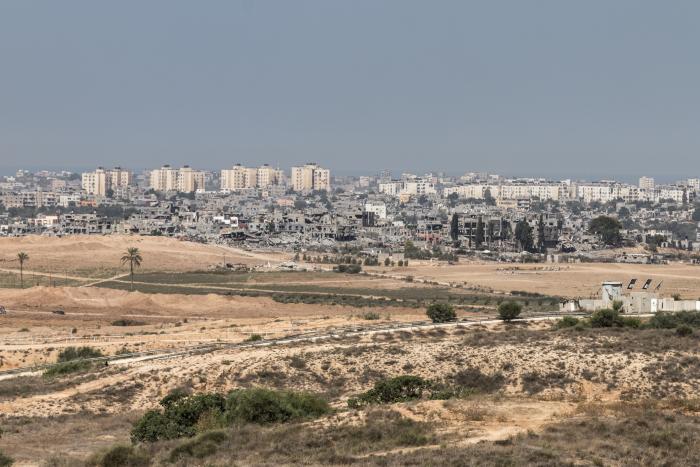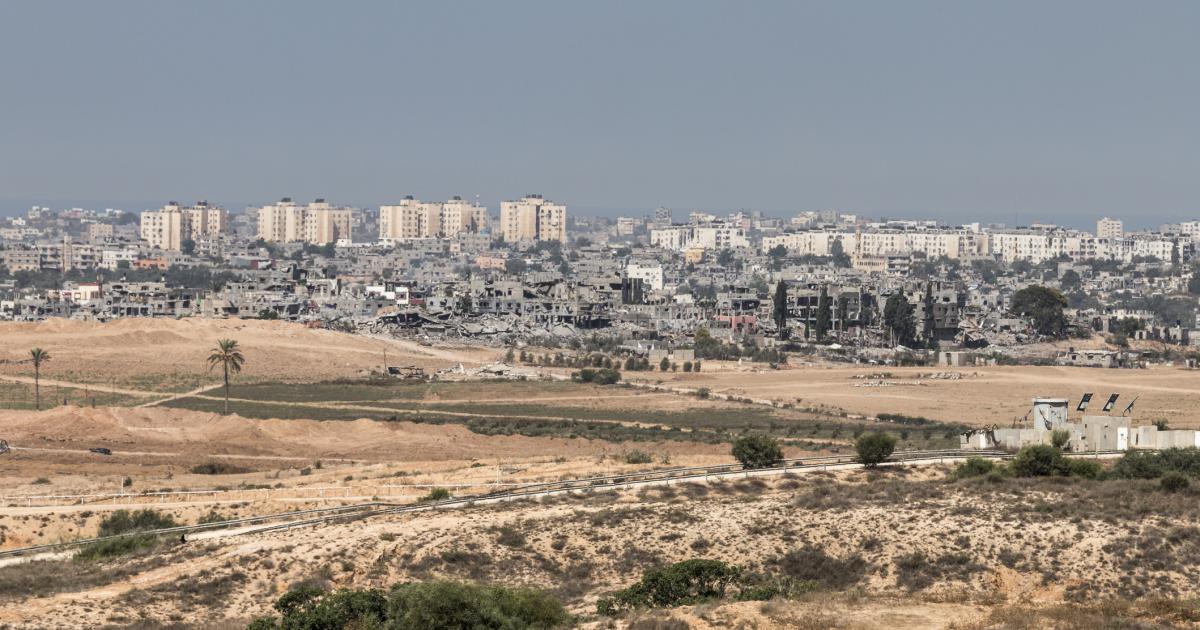There is no question that the struggle in Gaza is as much about words as it is about hostages, guns, and rockets. In my last column, I decried the constant efforts by Western journalists to downgrade the culpability of Hamas terrorists by calling them “fighters” and “militants.” Belatedly, one such offender, the BBC, issued a wishy-washy explanation for its past practice of calling these terrorists “militants” and “gunmen.” But its explanations and its backtracking on one inflammatory story, paralleling a similar weak response in the New York Times, did not undo the untold harm from its sloppy reporting, which sparked additional protests in Arab lands by first saying that an Israeli missile, and not an errant Hamas rocket bound for Israel, damaged a Gaza hospital.
Its act of “speculation,” as the BBC characterized it, was relatively small change compared to the nonstop campaign by Hamas and its supporters to brand Israel an outcast “colonial” nation whose “occupation” and “apartheid” actions justified Hamas “resistance,” even in the form of mass slaughter of innocent Israelis whose only crime is to live in a land that Hamas claims as part of a greater Palestine that runs from “the [Jordan] river to the [Mediterranean] sea,” an area, which now becomes increasingly clearer, that should in their view be “Judenrein,” that is, free of all Jewish people.
It is wholly illegitimate to treat these political claims, even if true, as any justification for the mass slaughter that took place, which has spurred Israel’s determination to rid Gaza of all elements of Hamas, after which it might be possible to have some responsible discussion of future relationship between the two warring peoples. But that discussion can begin only if the supposed justifications for the “resistance” are decisively laid aside.
Gaza has a long, fractured history. It was in the control of the Ottoman Empire until the empire disintegrated in the wake of World War I. In 1948 and afterwards, Gaza was flooded by Palestinian refugees who had either fled or were forced out—a topic endlessly disputed—after the newly formed Israeli nation fought off the invading armies of six Arab nations—Egypt, Syria, Lebanon, Jordan, Iraq, and Saudi Arabia—to expand its borders by the 1949 Armistice. It has been a consistent policy of all Arab nations to refuse to allow any refugees in Gaza to resettle in their own countries, which, of course, only intensifies the levels of frustration and anger. From 1948 to 1967, Gaza was administered by Egypt, such that Israeli takeover of Gaza dates back only to the close of the Six-Day War in June 1967. Israel moved into Gaza to stop constant military incursions into Israel’s Negev Desert, exactly where the recent Hamas atrocities took place. The threat of constant deadly attacks from Palestinian forces created an uneasy task of governance for Israel, which withdrew from Gaza in 2005, forcibly disbanding all Israeli settlements. The Palestinian group Fatah won the elections of 2005, but it was displaced by Hamas in a January 2006 election, after which Hamas assumed total control over the area, forcibly eliminating many of its local rivals.
Gaza was not a “prison” in 2005, when Israel left it for Palestinians to govern. But conditions changed rapidly when Hamas began its campaign to oust Israel by instituting a program of constant indoctrination, fortification, and weaponization, and the diversion of UN refugee aid to military purposes. These actions led to repeated incursions into Israeli territory, after which Israel imposed a blockade in 2007. The Israelis, as Eugene Kontorovich has demonstrated, were fully justified under international law under the inherent right of self-defense enjoyed by all nations. It is never necessary to wait for a direct attack, certainly not when Hamas’s active preparations were being constantly upgraded.
There was no need for Hamas or any other Arab group to resort to butchery and destruction. The Israeli position has always been to try to engage in economic cooperation to reduce the odds of a stark military confrontation. The recent effort to let Palestinian workers work in Israel at high wages, so long as no violence occurs, was just the latest manifestation of this Israeli initiative. But that program, like others before it, was subject to this fatal weakness: the use of violence by even a small fraction of Hamas can shut down all peaceful exchanges. And indeed, Hamas’s participation in the latest round of work permits is now best regarded as a successful ploy to get Israel to lower its guard.
But make no mistake: the restrictions placed on Gaza, joined in by Egypt, were always strictly necessary to prevent an overwhelming buildup of foreign forces that could then launch a massive invasion into Israel. It is thus wholly inaccurate for Hamas and its allies and backers to treat themselves as innocent victims of foreign powers. Hamas’s rule in Gaza has instead consisted of a breakdown of all democratic processes, brutal suppression of its own dissenters, and the use of women and children as human shields.
Then there is the constant accusation of “apartheid” in Israel, an obvious comparison to the institutionalization of forced racial separation in South Africa that held from around 1948 to the creation of a new government under the auspices of Nelson Mandela in the mid-1990s. That apartheid regime was characterized by naked racial subordination that sought to keep all political and economic powers in the hands of a local elite. Ironically, many Jewish leaders in Israel—think Abba Eban—migrated to Israel precisely because they found intolerable that repressive regime. In contrast, Israeli handling of the Arab-Israeli divide has gone exactly in the opposite direction, by walking a delicate tightrope to minimize these differences while at the same time maintaining Israel’s identity as a Jewish state. Within Israel, policy calls for equal treatment on access to all standard benefits and opportunities, so that Israeli Arabs vote in elections, can form their own political parties (which can join in coalitions in the fractured Israeli parties), can enter the learned professions, can hold positions in government, and can serve on the Israeli Supreme Court.
There are exceptions to this rule. First, the right of return exists only for Jews outside Israel. To grant a return right to Palestinians would count as the end of a Jewish state, for once Israelis lost their majority status they would suffer the same fate as Fatah did in Gaza. Second, Arabs generally do not serve in the military (unlike some non-Jewish people in Israel such as the Druze). This touches on the serious consequences that would follow if even a handful of people, or just one person, were to reveal military secrets to Israel’s enemies or sabotage its activities. And never doubt that Hamas and other groups would launch intensive efforts for such infiltration in the wake of any change in policy.
Israelis are branded as colonialists because of their disputed expansionist activities in the West Bank, which Fatah governs. My view is that any formal annexation of the West Bank to Israel would be an unconditional disaster because it would dash the last remnants of Palestinian self-rule. It would also spark a world-wide outcry that would erode the international support Israel still retains. The reason the Abraham Accords succeeded was that they sought to put the Palestinian question in perspective, focusing more broadly on the search for Middle Eastern stability against Iran.
But by the same token, it is far too late in the day to resurrect a two-state solution. The 1948 Arab invasion of Israel resulted in expanded Israeli borders. Going back to the original two-state boundary lines would have been an open invitation for a second attack on Israel’s indefensible 1947 borders—so the expanded territories were the necessary price that Palestinians paid for their initial aggression. More recently, Yasser Arafat’s decision in 2000 to sabotage a two-state solution has, in retrospect, marked the end of an era.
Arab groups insist that a long-term solution depends on Israel’s acceptance of a cease-fire that leaves Hamas still in charge of Gaza. But a realistic long-term solution would demand the elimination of Hamas root and branch, paving the way for new Palestinian leadership that wants to establish an autonomous local Palestinian enclave without any permanent military apparatus. The aim would be to facilitate local control, enhanced by trade and cooperation with Israel.
But the odds of that happening any time soon seem all too slim. The United Nations continues to dither on the issue. Outside that forum, the sheer intensity of the denunciations of Israel seems to preclude any such compromise. Hundreds of Palestinian intellectuals and cultural leaders attended the Palestine Writes festival at Penn just before Yom Kippur, all of whom spoke passionately for a Palestinian homeland. But I have yet to learn of a single participant who denounced or even criticized the massacre by Palestinians on October 7. The prospects of fruitful peace negotiations are remote at best.







